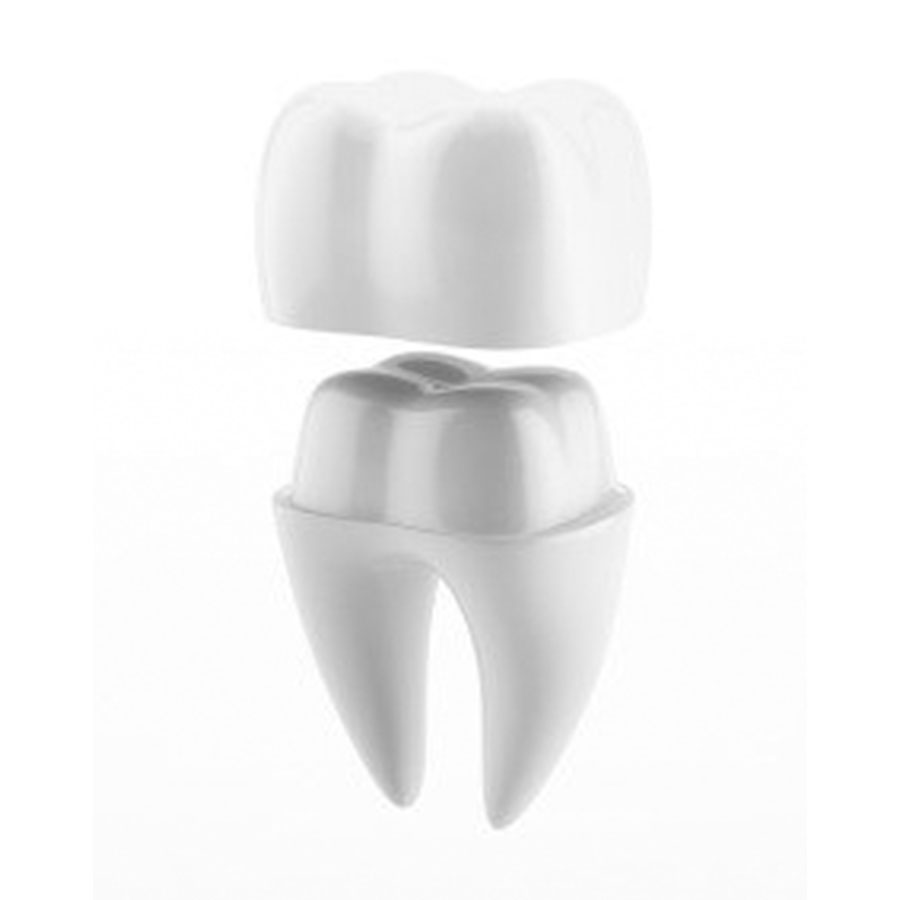 Has your dentist told you that you need a dental crown? A dental crown is a common restoration that helps patients prolong the life of damaged biological teeth. Crowns are low-maintenance and easy to care for when one practices proper oral hygiene. Like teeth, a patient will brush and floss their restorations to keep them clean.
Has your dentist told you that you need a dental crown? A dental crown is a common restoration that helps patients prolong the life of damaged biological teeth. Crowns are low-maintenance and easy to care for when one practices proper oral hygiene. Like teeth, a patient will brush and floss their restorations to keep them clean.
What are crowns made from?
Dental crowns can be made from a few different kinds of materials. The most commonly used materials are metals such as gold and silver and tooth-colored porcelain. Zirconia crowns are becoming increasingly popular as well.
When it comes to determining the material for a restoration, it is ultimately the patient’s choice. Some folks choose their restoration’s material based on their financial situation while others could choose higher-end materials for aesthetic reasons. Fortunately, our team is here to help you navigate your many treatment options.
When are crowns recommended?
An oral health professional might recommend the placement of a crown for a few reasons. If a tooth has developed significant wear, a crown can restore a damaged tooth to its rightful shape and size. Crowns are useful for protecting chipped and cracked teeth as well as teeth that have sustained extensive decay.
Since crowns can be made from tooth-colored materials and look incredibly lifelike, they can be used for cosmetic reasons in addition to restorative ones. Porcelain crowns can make a damaged tooth look perfectly white and healthy while protecting its surfaces from harmful oral bacteria and the biting forces associated with eating meals.
Are dental crowns disease-resistant?
Yes, the materials used to make dental crowns are resistant to disease. While the materials used to make dental crowns is not living tissue, a tooth and the structures surrounding it can still develop disease even if a crown is present. For example, a crowned tooth can develop an infection if the roots of teeth become exposed to debris and oral bacteria.
Those with restorations should continue to visit the dentist as normal for checkups and cleanings. They should also practice vigilant oral hygiene. If people do not practice proper oral hygiene, the gingiva surrounding restorations and prosthetics can become infected.
For more information, contact the office of Barry H. Buchanan, DDS, and schedule a consultation today.

